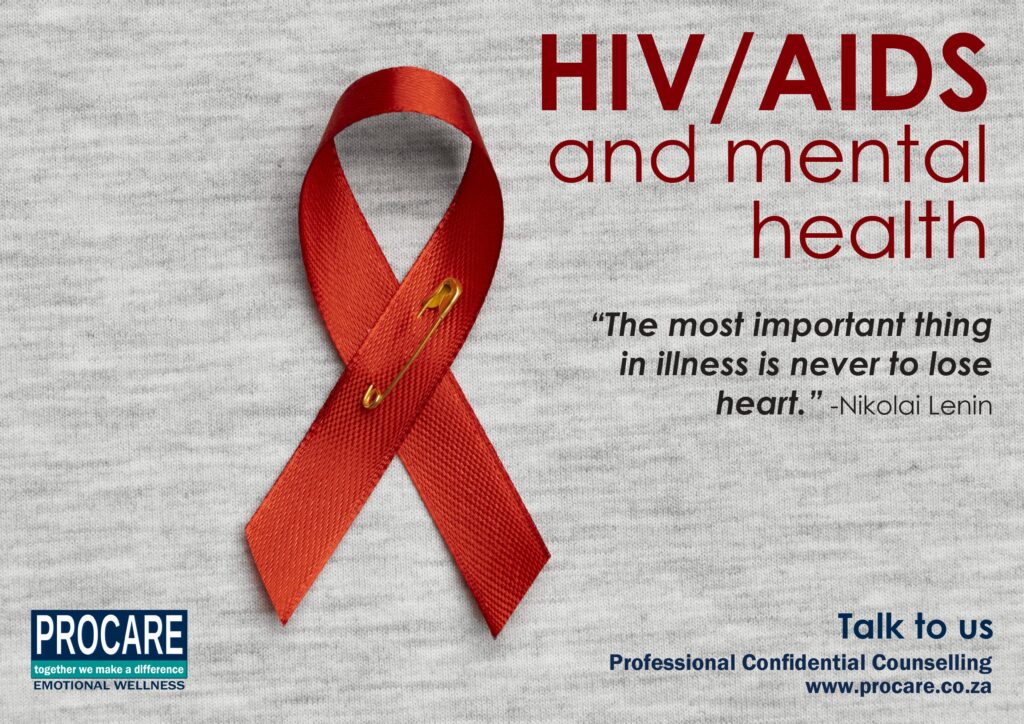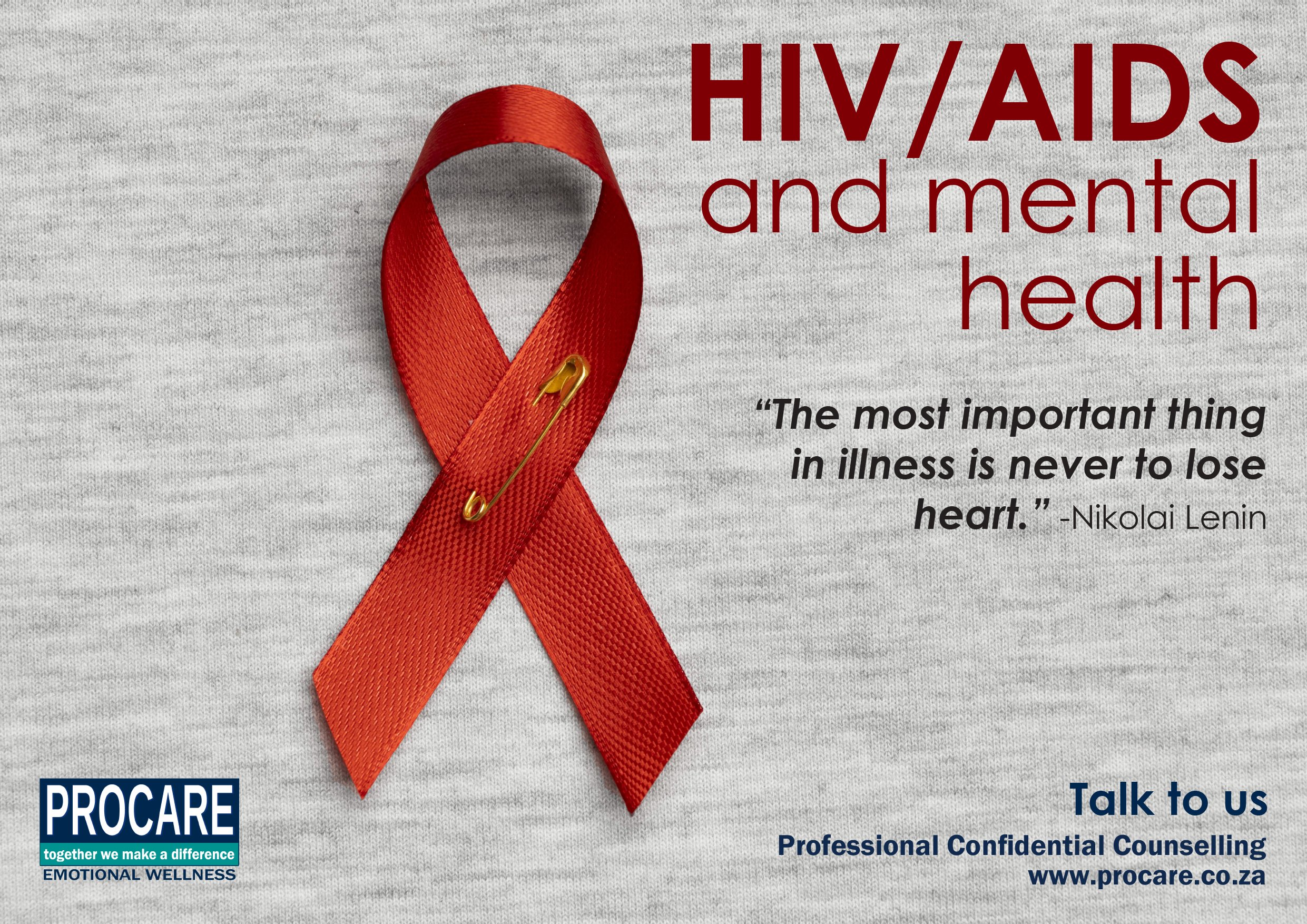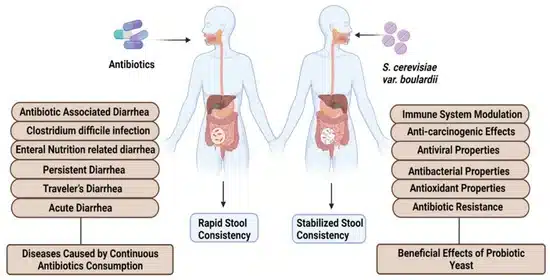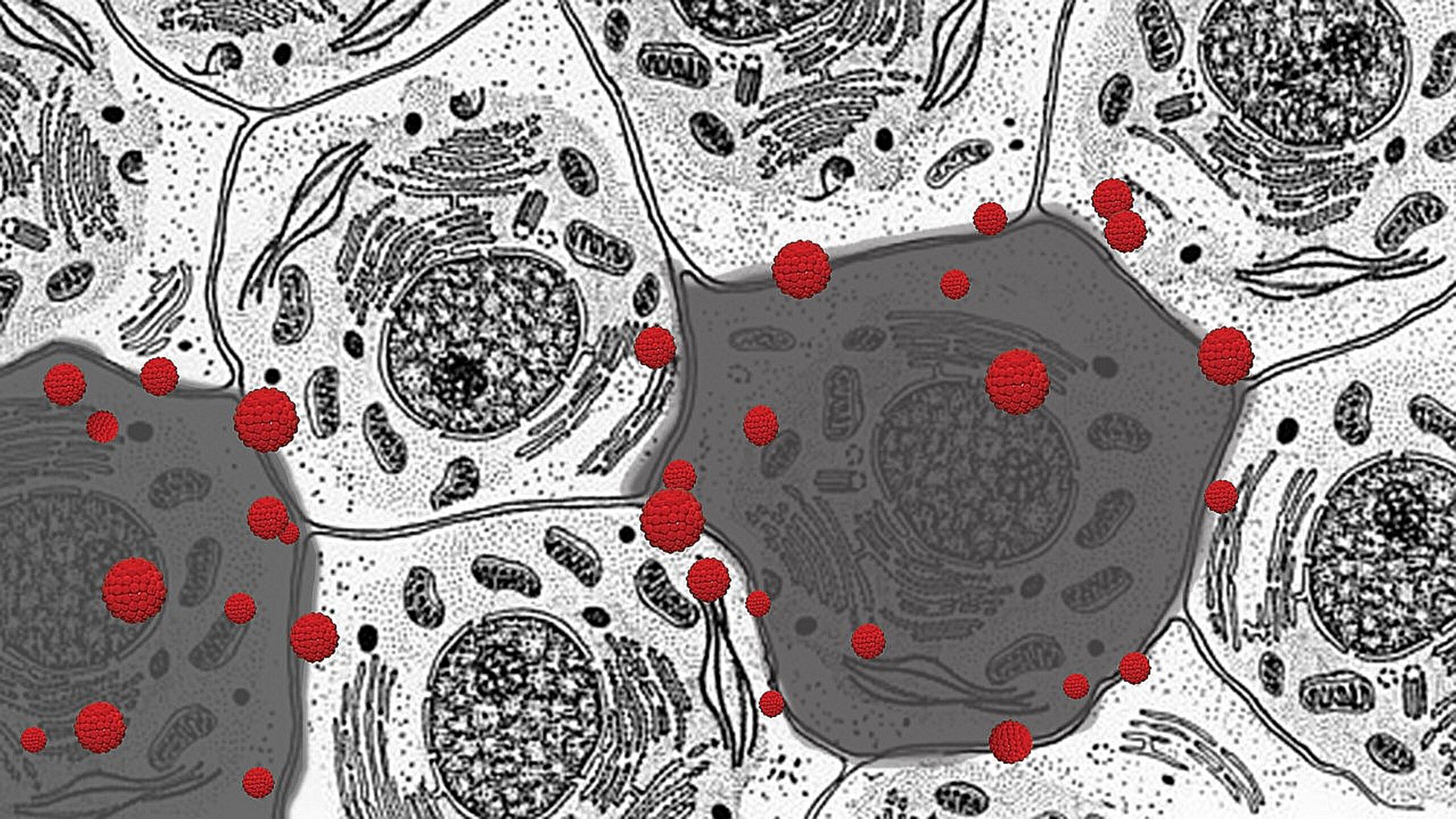HIV/AIDS mental health
HIV/AIDS and Mental Health: An intricate relationship
There are many difficulties associated with living with HIV/AIDS, and one important area that is frequently severely impacted is mental health. This essay explores the relationship between substance misuse, depression, and anxiety—three common mental health issues—and HIV/AIDS.
Table of Contents

HIV/AIDS’s Effect on Mental Health
HIV/AIDS mental health
Compared to the general population, people with HIV/AIDS are more likely to experience mental health problems. This susceptibility is caused by multiple factors:
- HIV diagnosis and stigma: Being told you have the virus can change your life and cause a range of strong emotions, including shock, fear, and grief. These emotions can be made worse by the stigma associated with HIV in society, which can result in hopelessness and loneliness.
- Chronic condition Management: Managing a chronic condition such as HIV/AIDS necessitates consistent drug compliance, ongoing medical attention, and awareness of possible side effects. This constant supervision can be taxing and exacerbate worry, tension, and low self-esteem.
- Neurological Effects: HIV’s direct effects on the neurological system can result in neuropsychiatric problems such as HIV-associated dementia (HAD). Cognitive deterioration, sadness, and even insanity are possible manifestations of these problems.
Typical Mental Health Issues Connected to HIV/AIDS
HIV/AIDS mental health
- Depression: Among HIV-positive individuals, depression is the most common mental health issue. A person may experience minor to severe symptoms, such as ongoing melancholy, loss of interest in activities, changes in diet and sleep patterns, and trouble focusing.
- Anxiety: Anxiety disorders are also very frequent; they are typified by excessive concern, panic attacks, and bodily manifestations such as dyspnea and fast heartbeat.
- Substance Abuse: As coping methods for stress, anxiety, or chronic pain brought on by the virus or its treatment, people with HIV may abuse alcohol or narcotics. Self-medication has the potential to exacerbate health problems and lead to addiction.
The Vicious Cycle: HIV Management’s Effect on Mental Health
HIV/AIDS mental health
The management of HIV/AIDS can be greatly impacted by mental health problems. Anxiety and depression can
- Reduced adherence to antiretroviral therapy (ART): Treatment effectiveness is compromised when patients miss or fail to take their drugs on a regular basis, which can result in an increase in viral load and possible drug resistance.
- Neglect good habits: Being mentally ill can cause one to overlook important self-care routines, such as eating a balanced diet, getting adequate sleep, and scheduling regular checkups with the doctor.
- Increased risky behavior: Abusing drugs or alcohol can make it more likely that you will have unprotected intercourse, which raises the possibility that you will spread HIV to other people.
Looking for Assistance and Encouragement
HIV/AIDS mental health
It’s critical that mental health issues are addressed for HIV/AIDS patients. The following are some tools and techniques:
- Mental Health Professionals: Consulting with an HIV/AIDS-focused psychologist, psychiatrist, or counselor can offer tremendous support and direction for handling emotions and creating coping strategies.
- Support Teams: Developing relationships with people who are HIV positive can provide a feeling of belonging, empathy, and common experiences.
- HIV Providers: Being upfront with medical professionals on mental health issues enables them to provide comprehensive care and, if needed, modify treatment regimens.
In summary
HIV/AIDS mental health
Living with HIV/AIDS means navigating the intricate interactions between one’s bodily and mental well-being. For those infected with the virus, recognizing the increased risk of mental health problems and getting the right help are crucial to their overall wellbeing. People with HIV can effectively manage their condition, enhance their quality of life, and help create a healthier future by attending to mental health issues.






Recent Comments